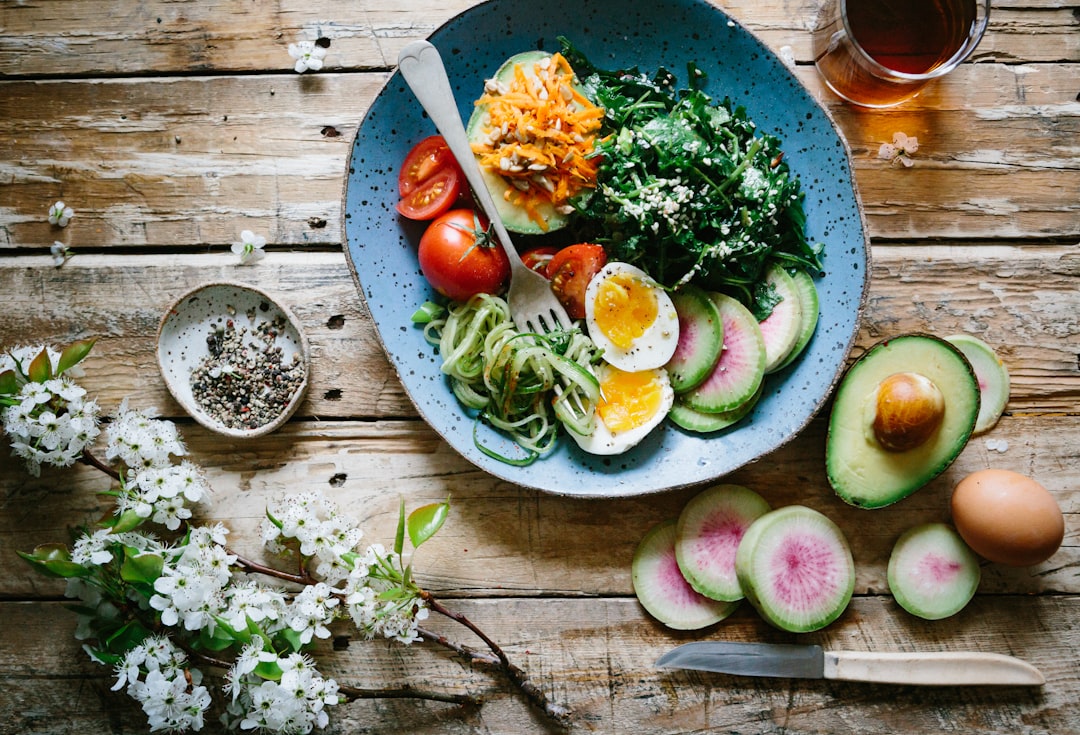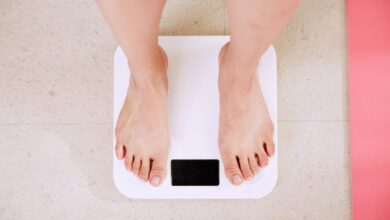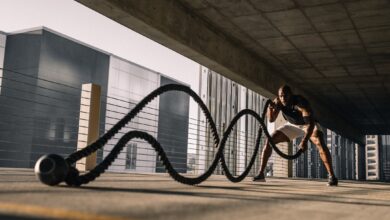Best Weight Loss Foods You Should Eat Daily

Losing weight can feel like a tough puzzle, but it doesn’t have to be! As a wellness blogger who’s been helping people reach their goals for years, I’ve learned that focusing on adding the right foods to your daily diet is a much more effective (and enjoyable!) strategy than just restricting yourself. The key is choosing foods that are packed with nutrients, keep you feeling full, and help your body burn fat more efficiently. Let’s dive into some of the best weight loss foods you should be eating every day.

Fruits and Vegetables: Your Weight Loss Superstars
Seriously, fruits and veggies are nutritional powerhouses and weight loss allies. They’re naturally low in calories but high in fiber, which helps you feel satisfied and prevents overeating. They’re also loaded with vitamins, minerals, and antioxidants that are essential for overall health.
Berries: Think blueberries, strawberries, raspberries, and blackberries. These little guys are bursting with antioxidants and fiber. A handful of berries makes a great snack or a delicious addition to your breakfast oatmeal or yogurt.
Leafy Greens: Spinach, kale, lettuce, and other leafy greens are incredibly low in calories and carbs but rich in vitamins and minerals. They’re also a great source of fiber. Add them to salads, smoothies, or even sneak them into your pasta sauce.
Cruciferous Vegetables: Broccoli, cauliflower, Brussels sprouts, and cabbage fall into this category. They’re high in fiber and contain compounds that may help boost your metabolism. Roast them, steam them, or add them to stir-fries.
Apples and Pears: These fruits are high in fiber and water, making them very filling. Eating an apple or pear as a snack can help you curb cravings and avoid unhealthy choices.
Protein Powerhouses: Fueling Your Body and Burning Fat
Protein is crucial for weight loss because it helps you feel full, preserves muscle mass, and can even slightly boost your metabolism. Make sure you’re including a good source of protein in every meal.
Lean Meats: Chicken breast, turkey breast, and lean cuts of beef are excellent sources of protein. They’re relatively low in fat and packed with essential amino acids. Choose baked, grilled, or broiled preparations over fried options.
Fish: Fatty fish like salmon, tuna, and mackerel are rich in omega-3 fatty acids, which are beneficial for heart health and may also aid in weight loss. Fish is also a fantastic source of protein.
Eggs: Eggs are a complete protein source, meaning they contain all nine essential amino acids. They’re also relatively inexpensive and versatile. Enjoy them scrambled, boiled, or as an omelet.
Legumes: Beans, lentils, and chickpeas are excellent sources of both protein and fiber. They’re also low in fat and can help regulate blood sugar levels. Add them to soups, salads, or use them as a meat substitute in your favorite recipes.
Greek Yogurt: Opt for plain, nonfat Greek yogurt for a protein-packed snack or breakfast option. You can add berries, nuts, or a drizzle of honey for flavor.
Healthy Fats: Not the Enemy!
Don’t be afraid of healthy fats! They’re essential for hormone production, brain function, and overall health. Plus, they can help you feel full and satisfied, preventing overeating. The key is to choose the right types of fats and consume them in moderation.
Avocados: Avocados are rich in monounsaturated fats, which are beneficial for heart health. They’re also a good source of fiber and vitamins. Add them to salads, sandwiches, or enjoy them as guacamole.
Nuts and Seeds: Almonds, walnuts, chia seeds, flaxseeds, and sunflower seeds are packed with healthy fats, fiber, and protein. They make a great snack, but be mindful of portion sizes, as they’re calorie-dense.
Olive Oil: Extra virgin olive oil is a healthy source of monounsaturated fats and antioxidants. Use it for cooking, salad dressings, or drizzling over vegetables.
Whole Grains: Fueling Your Body with Sustained Energy
Whole grains are a better choice than refined grains because they’re higher in fiber, which helps you feel full and regulates blood sugar levels. Choose whole grains over processed grains whenever possible.
Oats: Oatmeal is a great breakfast option because it’s high in fiber and keeps you feeling full for hours. Choose steel-cut or rolled oats over instant oats.
Quinoa: Quinoa is a complete protein source and a good source of fiber. It’s also gluten-free and can be used as a substitute for rice or other grains.
Brown Rice: Brown rice is a whole grain that’s higher in fiber than white rice. It’s a good source of complex carbohydrates, which provide sustained energy.
Don’t Forget Water!
Staying hydrated is crucial for overall health and can also aid in weight loss. Water helps you feel full, boosts your metabolism, and helps your body function properly. Aim to drink at least eight glasses of water per day.
Important Safety Tips
Before making any significant changes to your diet, it’s always a good idea to consult with a doctor or registered dietitian. They can help you create a personalized plan that’s safe and effective for you. Remember that weight loss is a journey, not a race. Be patient with yourself and celebrate your progress along the way. Focus on making sustainable lifestyle changes rather than quick fixes.
Frequently Asked Questions
Can I eat too much of these healthy foods?
Yes, even healthy foods contain calories. Portion control is important for weight loss. While these foods are nutrient-dense and beneficial, overeating them can still lead to weight gain. Pay attention to your hunger cues and eat until you’re satisfied, not stuffed.
How quickly will I see results if I start eating these foods?
The rate of weight loss varies from person to person and depends on factors like your metabolism, activity level, and overall diet. Don’t get discouraged if you don’t see results immediately. Consistency is key. Focus on making sustainable changes to your eating habits, and you’ll eventually see progress.
Do I have to completely eliminate unhealthy foods from my diet?
You don’t have to completely eliminate unhealthy foods, but it’s important to limit them. Focus on incorporating healthy foods into your diet and gradually reducing your intake of processed foods, sugary drinks, and unhealthy fats. Allowing yourself occasional treats can help you stay on track in the long run.
Are there any foods I should avoid completely?
It’s best to limit or avoid processed foods, sugary drinks, and foods high in unhealthy fats. These foods are often high in calories and low in nutrients. Read food labels carefully and choose whole, unprocessed foods whenever possible.
By incorporating these weight loss-friendly foods into your daily diet, you’ll be well on your way to achieving your weight loss goals. Remember to focus on making sustainable lifestyle changes, be patient with yourself, and enjoy the process! Eating healthy should be a pleasure, not a punishment.
Related Posts
| 8 Natural Fat Burners You Can Find In Your Kitchen |
| Nutritionists Swear By These Foods For Weight Loss |
| Top 10 Superfoods That Help You Lose Weight |
| These Foods Burn Belly Fat While You Sleep |



